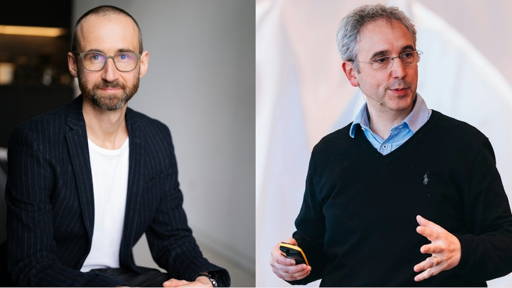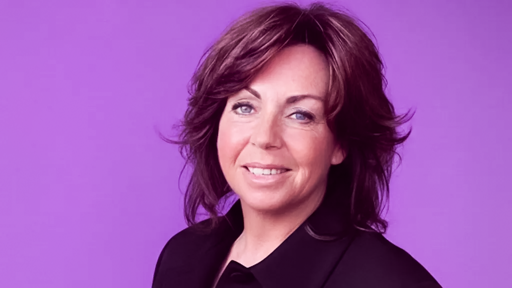At El Camino Health's hospitals in California, major, innovative, strides are being made in the deployment of technologies such as robotics and AI. The organisation aims to make these technologies an integral part of daily care. Using AI and robotics, the healthcare organisation is transforming work processes, improving patient safety and easing the workload for caregivers. Robots that deliver medicines and transport laboratory samples are now operating in two of the healthcare organisation's hospitals. These smart technologies take over routine tasks, allowing healthcare professionals to fully focus on direct patient care.
According to Deb Muro, chief information officer at El Camino Health, AI has long been supporting nurses and doctors in their work. "AI models need training. We implement them, test, refine and improve them continuously using data. This is how they get smarter and smarter," Muro explains. One of the most impactful applications is an AI-driven deterioration index that monitors vital signs and proactively alerts when patients deteriorate. This has led to a significant drop in so-called “code blue” incidents, which involve acute life threats such as cardiac arrest.
AI and fall prevention
The prevention of falls is also getting a technological boost. An AI algorithm analyses data to identify patients at increased risk of falling, allowing nurses to intervene in time. In the radiology department, AI provides initial assessment of X-ray images, allowing doctors to prioritise more quickly. In addition, the technology detects incidental findings - abnormalities that might otherwise be overlooked. Thanks to this application, additional conditions have been detected in 166 patients, which can now be treated.
AI also offers relief in administrative burdens. Through voice recognition technology, a digital administration system automatically creates records of consultations, reducing doctors' time spent on administrative tasks outside working hours. This not only increases efficiency, but also benefits doctors' work-life balance. In addition, AI helps prepare answers to patient questions, e.g. about medication or diagnoses, by analysing records and preparing draft answers. Thus, doctors save time ánd patients receive responses faster.
The implementation of these technologies underlines El Camino Health's innovative direction: combining human-centred care with technological support. Muro concludes: "It's not about letting technology take over care, but about empowering healthcare professionals with smart tools. This is how we improve the quality of care together."
Healthcare robots
The use of robots in healthcare is surging. Just last month we wrote about the British healthtech company Cera, who deployed droid-like robots that perform 3,000 care visits weekly to elderly and frail people in the United Kingdom. These robots, powered by Cera's AI software, act as home care assistants. They remind users to eat, drink and take medication, and collect data about their health and well-being. This information is shared with care teams to determine if health interventions are needed. And at this years CES in Las Vegas we saw at least seven health and care robots that allready are, or soon wil be, available to assist both patients, elderly and healthcare workers.







